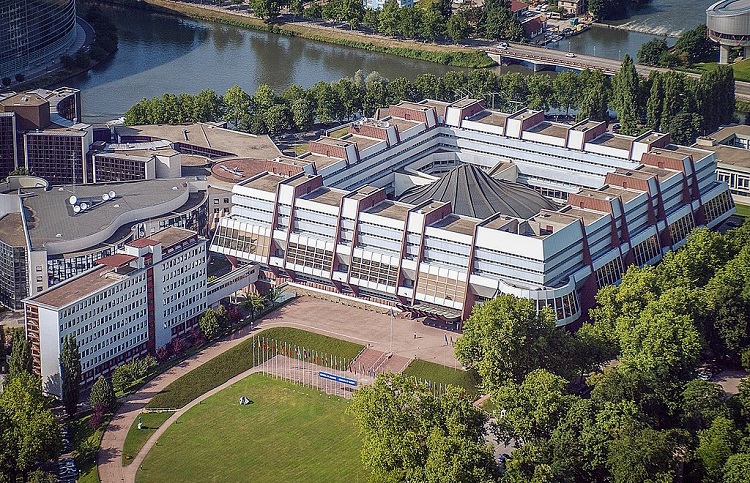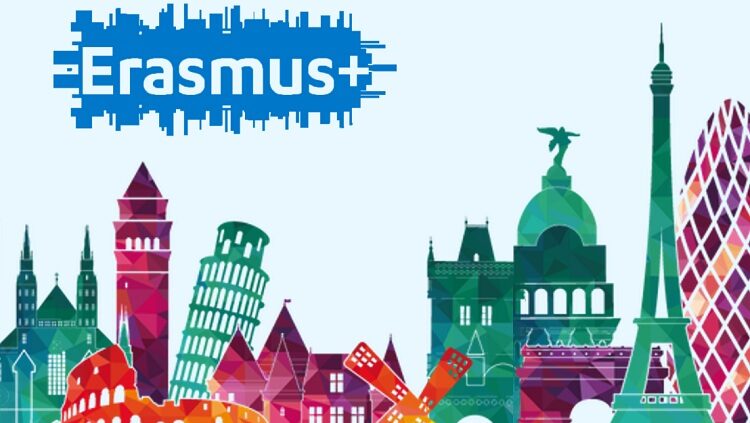The Diplomat
The Minister of Foreign Affairs, Arancha González Laya, intervened last Friday in the ministerial meeting of the Council of Europe, held in Hamburg in telematic format and in the course of which she reaffirmed the “full commitment” of Spain to the European Social Charter, whose latest version was ratified by our country last Monday.
During the meeting, González Laya recalled the importance of public policies that guarantee the effective realization of human rights, especially at the present time, and warned, therefore, that it is particularly important to reaffirm social rights and strengthen the system of the European Social Charter. In this regard, he reported that Spain has just ratified the Revised European Social Charter, thereby showing “its full commitment” to this document.
Specifically, Spain deposited last Monday, May 17, at the headquarters of the Council of Europe in Strasbourg, the instrument of ratification of the Revised European Social Charter, a standard that expands the rights to be guaranteed in the workplace and that will allow the development of new measures to improve the implementation of social rights by the Charter. Among the rights guaranteed by the Revised Charter are dignity at work in the face of harassment and violence in the workplace, protection of workers in the event of dismissal, the right to equal opportunities or effective access to employment, housing, training, culture and medical care.
The European Social Charter was approved in Turin in 1961 and ratified by Spain in 1980, but the Revised Charter, which was opened for signature in 1996 and came into force on July 1, 1999, had not yet been ratified by Spain – which signed it on October 23, 2000 – due to the need to adapt certain aspects of Spanish legislation. In February 2019, the Council of Ministers arranged for its referral to the Parliament to obtain its authorization, but the dissolution of the Chambers in March of that same year for the calling of elections meant that the requested authorization did not take place. As a result, the Government was forced to submit this text to the Parliament again in November 2020.
The final process of ratification of this Charter, with which Spain will be able to adopt the whole system of the Social Charter -composed by the European Social Charter of 1961, three Additional Protocols, two of them already ratified, and the Revised European Social Charter itself-, was led by the Ministry of Foreign Affairs and the Third Vice-Presidency and Ministry of Labor and Social Economy.
On February 4, at the headquarters of the Council of Europe in Strasbourg, Spain signed the Additional Protocol to the European Social Charter, which establishes a system of Collective Complaints and makes it possible to denounce States before the European Committee of Social Rights for failure to comply with their commitments. Since it was opened for signature in 1995, only fifteen countries have ratified the Collective Complaints Protocol, including France, Italy, the Netherlands, Belgium, Greece, Ireland and Portugal. Austria, Denmark and Spain have signed but not yet ratified it, and Germany, the United Kingdom, Russia and Turkey have not yet signed it.






